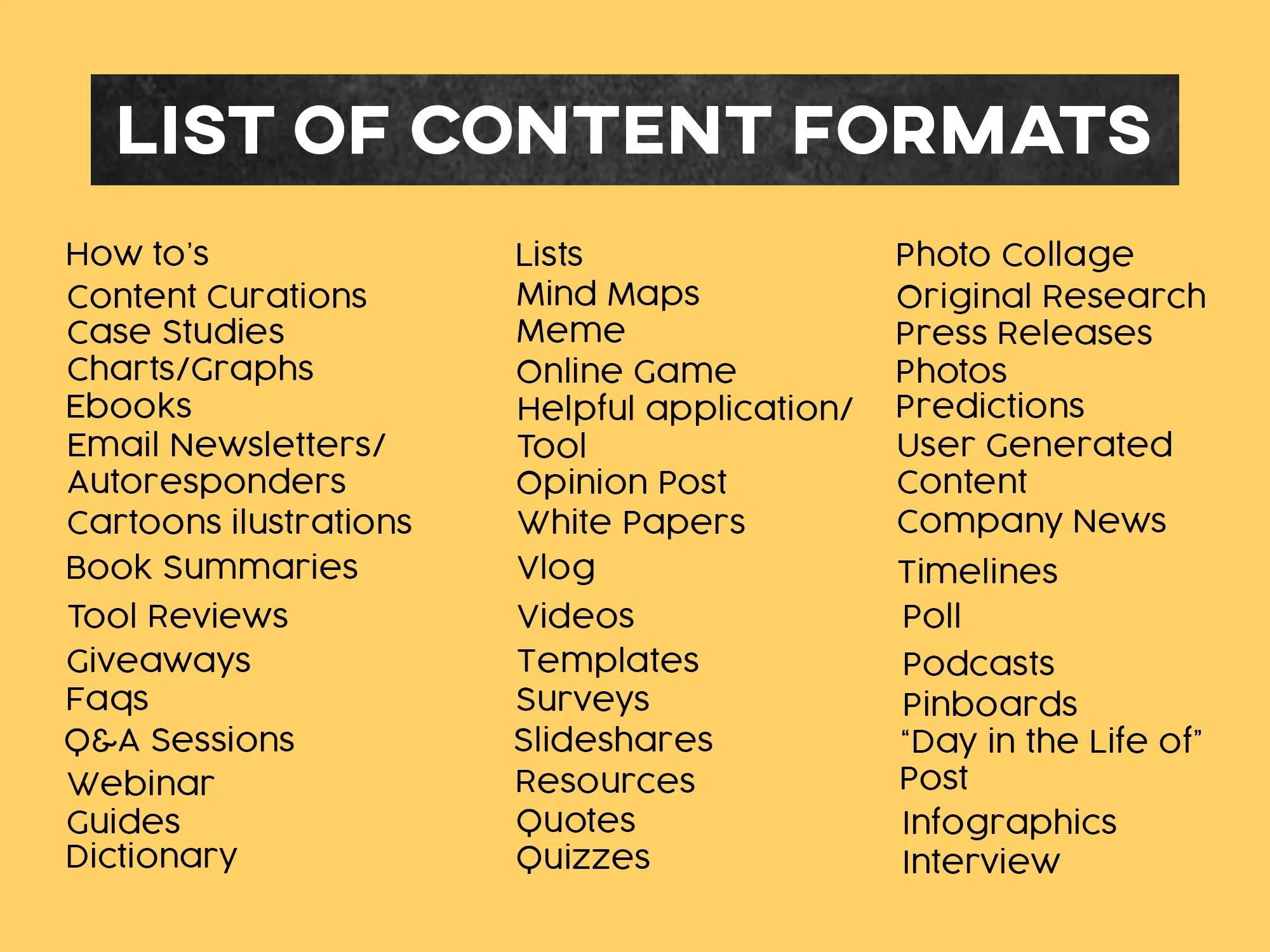You might’ve heard how important content creation is to the growth of your business, but as you’ll see throughout this post, it needs to have a well-planned purpose. When developing a content strategy, here are the five first steps you should take:
1. Define your audience
We’re not creating content for the sake of it – we create it for particular people who are looking for answers. So first and foremost you have to decide whom you’re creating content for – your buyer persona. By knowing your target audience, you can produce more relevant and valuable content that they’ll want to read and convert on.
2. Pinpoint the problems you intend to solve with your content
Just like your product or service ideally solves a problem you know your audience has, your content coaches and educates your audience through this problem as they begin to identify and address it.
A sound content strategy supports people on both sides of your product: those who are still figuring out what their main challenges are, and those who are already using your product to overcome these challenges.
3. Select the content formats you’ll focus on
What forms will your content take? Infographics? Videos? Blog posts? Having identified the topics you want to take a position on, you’ll need to determine which formats to budget for so you can best express that position. Here’s the list that can help you:

4. Match the content to the channels where it’ll be published
Just as you can create content in different formats, you’ll also have different channels you can publish to. Channels can include owned properties, such as your website and blog; and social media properties, such as Facebook and Instagram.
5. Manage creation and publication
Your marketing plan should go beyond the types of content you’ll create — it should also cover you’ll organize your content. With the help of an editorial calendar, you’ll be on the right track for publishing a well-balanced and diverse content library on your website. Then, create a social media content calendar so you can promote and manage your content on other sites.




